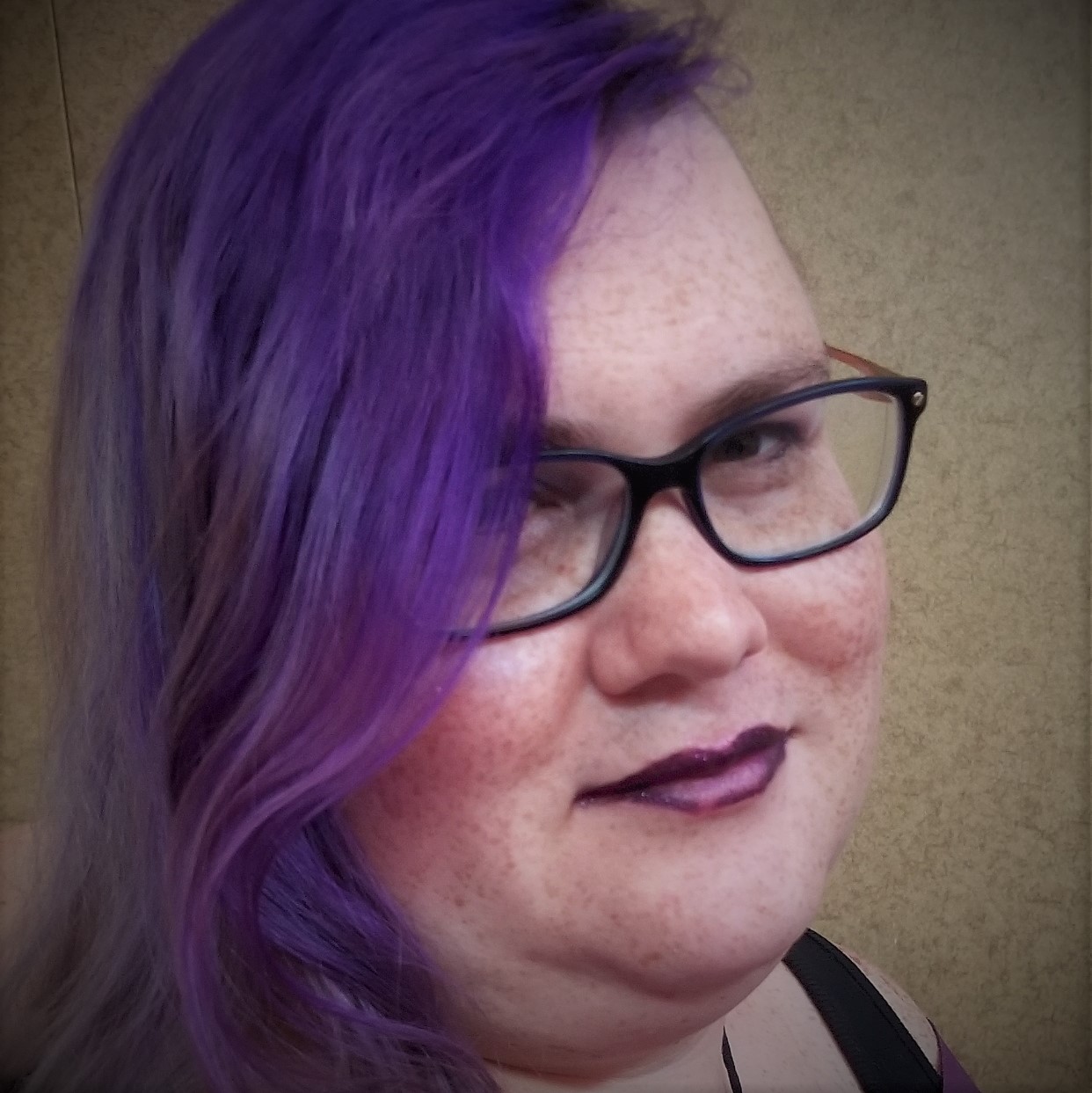
Just Make Your Game
Those who follow me know that I don't tend to describe myself as a game developer, I like the phrase "game enthusiast". I do a lot of game dev, but I also play a lot of games, talk about games, and read about games.
If you want to be a game designer or game developer, you should be doing this too. After all, games are a craft and art form just like any other creative endeavor and the best way to learn is to keep working on it. So if you want to be a designer, you should start learning your craft.
The most common kind of game designer I know of is RPG facilitators (DM, GM, Host, whatever flavor your RPG has). These are people who take an existing toolbox and try to design experiences for a fixed set of players. If you've ever run a tabletop RPG, you've already experienced the task of game design.
From facilitating, a common next step for folks is building their own RPG setting. The amount of folks I know who have been working on the same setting for years (and sometimes decades!). I want to say as a person with a long history of perfectionism:
You're hurting yourself, put that aside for a bit and build smaller games.
Make Games
If you want to stick to RPGs: Build dynamic encounters that evoke the feeling you want in your setting. Write self contained adventures that explore the themes you're interested in. Design monsters and races and introduce them to your running games, or friends games!
Don't stop at RPGs!
Try building board games. If you know how to code, try video games. Experiment with design space, try building a new game for a standard deck of playing cards. Experiment with challenges like the 10 Minute Design Challenge.
Play Games
Another thing you should do is play a wider variety of games. If you only play D&D, try some of the other RPGs out there. If you've never played a table top RPG, you should really give them a chance. (I like Fate)
Play board games, and not just the kind you like, try some of the stuff you don't like. I don't like party games in general, but I keep trying new ones. Every now and then, you find a clever mechanic or theme that can help you make better games.
Try video games, too. Again, even things you don't like.
The important thing is that just like a writer needs to read broadly, a game developer or designer should experience a wide variety of games.
Study
Lastly, study the theory around games. There's fabulous books out there to help you with this: things like The Rules of Play or A Theory of Fun (both in my "to be read" pile.) There's youtube channels and podcasts, and hundreds of tiny communities of game designers where you can talk with other folks.
Games have their own language and society de-emphasizes game literacy as a skill that is important. You'll want to counteract that de-emphasis in your own studies.
Don't stop at games, though! Learn a craft, practice an art, try a new skill set, watch movies, read books, study visual design. All creative fields have a tendency to become insular, and games are no different. Instead of always draining your inspiration making new stuff, try learning or experiencing something new! That'll fill you up to try new things.
If you've been designing that perfect game for a handful of years, it's time to put it aside and go make some other games. Come back with a fresh set of eyes and more tools in your toolbox. You'll thank yourself.

